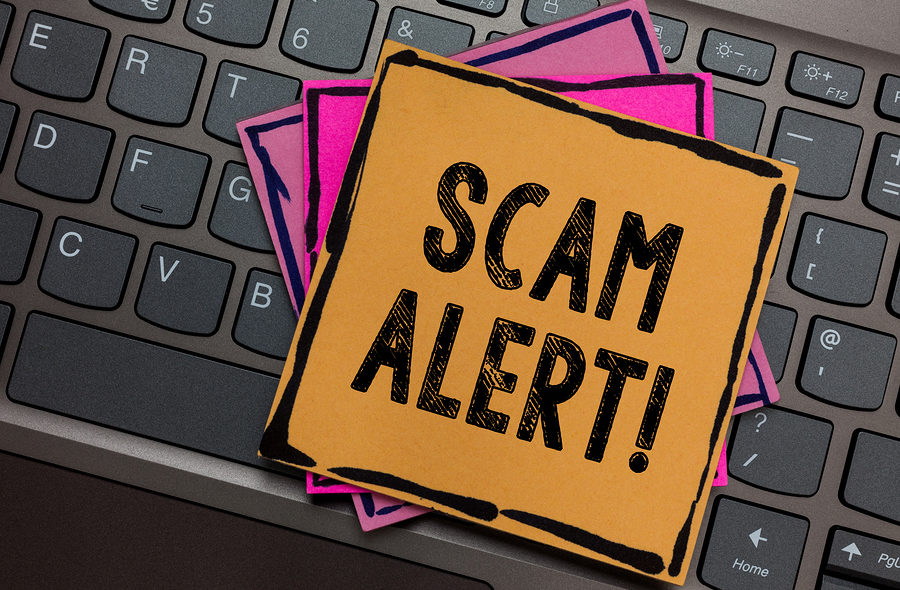With more than $1.5 trillion in student loan debt owed nationwide, it can be safe to say that the student loan crisis has reached a breaking point. For lawmakers, one solution to bring change to this problem is allowing student loan debt to be discharged in bankruptcy court.
Another measure that has received a great deal of public support is Senator Elizabeth Warren’s proposal to completely wipe out the majority of America’s student loan debt through a loan forgiveness program. Her proposal has received support from other presidential hopefuls, including Senators Bernie Sanders, Kamala Harris, and Amy Klobuchar, as well as Representative Eric Swallwell, all of whom are co-sponsoring it.
Recently, the American Bankruptcy Institute’s recommendations to allow student loan debt to be discharged in bankruptcy were published.
The average college student graduates with about $30,000 in student loans. This number does not include those students who pursue a master’s or post-graduate degree. Many of those students end up owing six figures in student loan debt.
The burden these loans present to young graduates is intense and can even follow them into retirement. Outstanding student loan debt can affect a person’s job in 13 states. To keep up with loan payments, many borrowers have accumulated credit card debt, just to be able to afford basic living expenses.
Student loans, while not impossible to discharge in bankruptcy, are extremely difficult to eliminate in a Chapter 7 or Chapter 13 bankruptcy case. Other obligations may be eliminated at the end of the case, but the student loan ones will stay with the borrower even after other obligations are discharged.
Bankruptcy courts use the “undue hardship” test to determine whether a filer should have his or her student loan debt discharged, but no set standard has ever been made on what qualifies as an undue hardship, making it very difficult to ever receive relief. New bi-partisan legislation has been introduced and proposes regulations that ensure student loan debt is treated like other forms of consumer debt in bankruptcy, meaning it can be easier to discharge.
Without the ability to discharge the largest amount of debt many bankruptcy filers are carrying; these individuals will never be able to receive the fresh start bankruptcy is meant to give them. While this change may not completely solve the student loan crisis, many financial experts are hopeful it can be a catalyst for change.
Click here to read more on this story.
For borrowers who are struggling with student loan debt, relief options are available. Many student loan borrowers are unaware that they have rights and repayment options available to them, such as postponement of loan payments, reduction of payments or even a complete discharge of the debt. There are ways to file for bankruptcy with student loan debt. It is important you contact an experienced Miami bankruptcy attorney who can advise you of all your options. As an experienced CPA as well as a proven bankruptcy lawyer, Timothy Kingcade knows how to help clients take full advantage of the bankruptcy laws to protect their assets and get successful results. Since 1996 Kingcade Garcia McMaken has been helping people from all walks of life build a better tomorrow. Our attorneys help thousands of people every year take advantage of their rights under bankruptcy protection to restart, rebuild and recover. The day you hire our firm, we will contact your creditors to stop the harassment. You can also find useful consumer information on the Kingcade Garcia McMaken website at www.miamibankruptcy.com.


